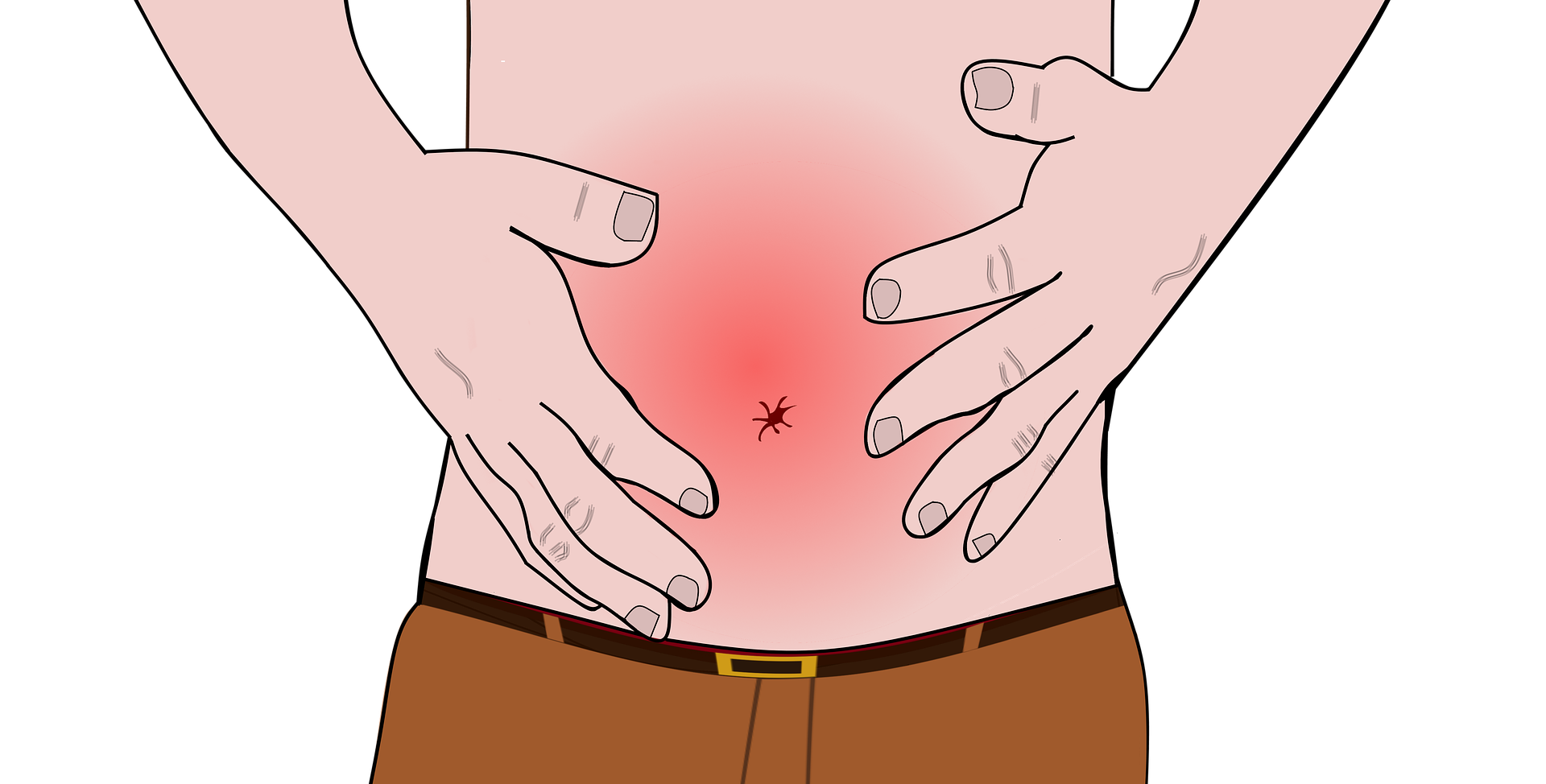Did you know up to 30% of Australians may experience symptoms of irritable bowel syndrome (IBS) at some point in their life?
IBS is extremely common, so don’t feel like you are suffering alone.
What is IBS?
IBS is characterised by lower abdominal pain more frequently presenting on the left side of the abdomen. It may be worse in the morning and improves after evacuating the bowels or releasing flatulence.
There may be urgency to reach a toilet to evacuate bowels, but the evacuation may feel incomplete. Some experience incontinence, where poor muscular function of the gastrointestinal tract prevents the ability to hold on until access to a toilet is available. Many complain of bloating, gas, abdominal pain and distension which may become worse again towards the end of the day.
For some suffers IBS can become self-limiting and socially embarrassing. Fear of not being able to access a toilet quick enough may prevent people from leaving their home, or fear of un-welcome flatulence may limit conversations and leave people feeling isolated.
Those who suffer with IBS may feel as though everything they eat triggers their symptoms, so they refuse to or avoid eating outside of home.
Poor muscular function and urgency may reduce the suffers confidence in engaging in exercise, only to weaken muscles further.
Symptoms include:
- Abdominal pain
- Fluctuations between diarrhoea and constipation
- Bloating and abdominal distension
- Gas/flatulence
- Urgency to pass bowel motions
- Undigested foods or mucus in the stools
- Fatigue
- Anxiety
What causes IBS?
- Stress and anxiety
Just as IBS can cause stress and anxiety, stress and anxiety can contribute to IBS symptoms. The gut-brain axis is being recognised as a very real event by medical researchers. Our body has many messenger paths connected to our nervous systems that interact closely. When the brain is not happy, it disrupts the messages and functionality of the digestive system, contributing to symptoms such as nervous diarrhoea.
2. Intolerances
Food sensitivities and intolerances are becoming more common. These intolerances create inflammation and gaps in the gut wall (leaky gut) which aggravate the digestive system and the healthy bacterial colonies that reside in the intestines, leading to gas, bloating and constipation or diarrhoea.
3. Previous disruptions to the gastrointestinal tract
Travellers diarrhoea and attacks of gastroenteritis have been linked to increased cases and symptom presentation of IBS. The toxins that are released during an active infection disrupt intestinal wall and nerves that line the gastrointestinal tract. This damage lingers long after the infection has been effectively cleared.
4. Medication
A long history of medication use and polypharmacy (many medications at once) can damage and inflame the gastrointestinal tract and may aggravate or contribute to leaky gut.
Did you know women may experience a worsening of symptoms during their menstrual cycle?
What are some of the dietary and lifestyle factors that may aggravate your symptoms?
- Drinking alcohol
- Drinking large amounts of caffeine
- Eating high amounts of sugars
- Medications that may contribute to constipation (iron, pain medications, NSAIDS, sedatives, blood pressure medication, antidepressants, OCP).
- Medications that contribute to diarrhoea (antacids, laxatives, blood pressure medications, antibiotics)
- Fatty, fried foods
- Food sensitivities
- Stress
- Environmental toxins
- A history of traveller’s diarrhoea infection
What are dietary treatments and management options?
Nutrition professionals will often suggest a FODMAP dietary protocol for those with IBS.
FODMAPS (Fermentable, Oligosaccharide, Disaccharide, Monosaccharide and Polyols) are fermentable sugars found in many common foods, some of which are foods that would normally be considered healthy in a normal healthy person. In someone with IBS, some FODMAP foods may cause the bacteria in the gut to ferment these sugars leading to IBS symptoms.
The program is a strict, drawn out protocol with a step by step process, which requires a great deal of commitment and compliance, though, the results are often very pleasing for IBS sufferers. It can improve symptoms and move someone from feeling as though every single food creates symptoms, to identifying exactly which foods are causing aggravations while enjoying others first thought to cause problems. It is recommended that the protocol be undertaken while under the support and guidance of your nutrition professional.
Overall Guidelines for improve digestion
- Reduce portion sizes and frequency – allow your body to efficiently digest foods
- Eat a healthy, varied diet
- Drink adequate amounts of fluids – particularly water and herbal teas
- Chew your food thoroughly to assist in the digestive process
- Identify actual intolerances – do not exclude food groups long term ‘thinking’ they may be causing symptoms to become aggravated
- Ensure dinner is eaten as early as possible to avoid going to bed on a full stomach
- Keep track of what you are eating and notice the symptoms – not all symptoms will present immediately – take these to a nutrition professional for assessment
- Stay active – this will improve digestion, reduce stress and enhance circulation
- Reduce stress and anxiety
- Fibre is important but find your balance
- Avoid alcohol as much as possible
- Avoid caffeinated beverages – soft drinks, coffee and black tea
- Protect and enhance your healthy gut bacteria because they will return the favour!

